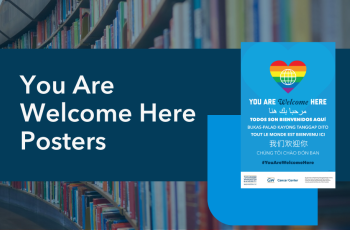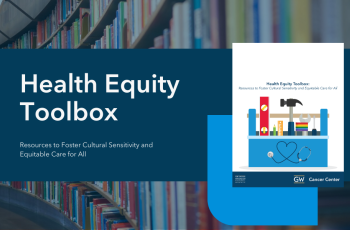This work was supported by Cooperative Agreement #NU58DP007539-01 from the Centers for Disease Control and Prevention (CDC).
Cultural Competency
Hosting effective online community events and meetings in rural, remote, and Indigenous Communities can be challenging. From tools and technology to logistics and engagement, this toolkit was created to help you address some of the most common virtual meeting barriers and opportunities.
Hosting effective online community events and meetings in rural, remote, and Indigenous Communities
can be challenging. From tools and technology to logistics and engagement, this toolkit was created to
help you address some of the most common virtual meeting barriers and opportunities.
These videos from the Patient Empowerment Network provide patient information on different aspects of prostate cancer, including ensuring quality care, barriers to care, and patient protection against care inequities.
This toolkit presents recommended standards and best practices for training health care providers and staff in lesbian, gay, bisexual, transgender, queer, intersex, and asexual/ace spectrum cultural competence.
Watch an archived conversation presented by EBONY Magazine, discussing increasing cancer screening rates and access to care in the Black community.
The ideas people have about health, the languages they use, the health literacy skills they have, and the contexts in which they communicate about health reflect their cultures. Your organization can become more health literate and increase its communication effectiveness when your staff recognizes…
Talk to Someone allows cancer survivors to ask questions and engage in conversations with Linda, a virtual cancer survivor, who provides brief, informative, and emotionally supportive answers to help shape behavior change, while also citing her own experiences as a survivor.
This poster reminds patients of all backgrounds, identities and national origins that they are welcome in your organization. Versions are available with and without the GW Cancer Center's logo.
This toolkit, created as a part of the Together, Equitable, Accessible, Meaningful (TEAM) training program, provides resources to encourage cultural sensitivity and promote equitable care for racial, ethnic, sexual and gender minority patients.
Public Health Institute's Berkeley Media Studies Group offers tips to help public health leaders communicate more clearly and effectively about COVID-19 vaccines, engage with trusted messengers and bring racial equity forward.

